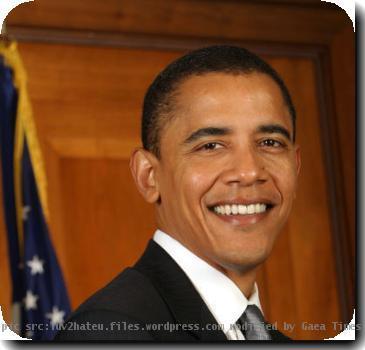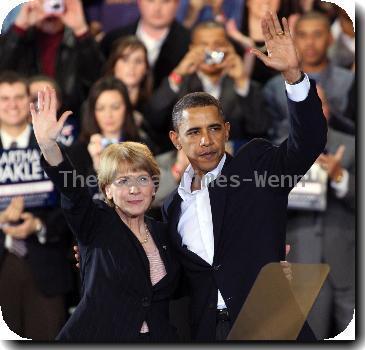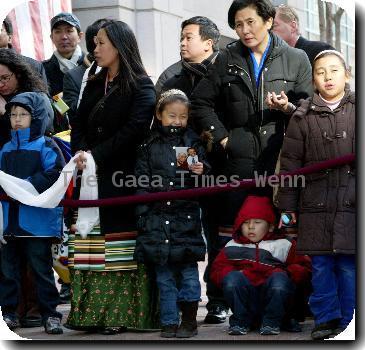G-20 finance chiefs work to keep growth on track, push ahead on financial reforms
By Kelly Olsen, APSaturday, June 5, 2010
G-20 finance chiefs mull deficits, banking rules
BUSAN, South Korea — Finance ministers and central bankers from the world’s leading economies worked Saturday to bridge differences on far-reaching financial reforms amid fears that new financial turmoil could derail the global recovery.
Yoon Jeung-hyun, South Korea’s minister of strategy and finance, said that concerns over the crisis in sovereign indebtedness of Greece and other European countries added urgency to the work on regulatory reforms.
“The recent turmoil has once again raised concerns about the resilience of our financial system,” Yoon told the financial chiefs from the Group of 20 advanced and developing economies. A G-20 summit later this month in Canada “must send a clear and strong message to the market and the financial sector of our strong resolve to follow through on our commitments,” he said.
U.S. Treasury Secretary Timothy Geithner urged his counterparts to reaffirm their commitment to safeguarding the recovery.
“The G-20’s strong policy response has played a pivotal role in restoring economic growth but concerns about growth as Europe makes needed policy adjustments threaten to undercut the momentum of the recovery,” Geithner said in a letter published online by the Wall Street Journal. Its authenticity was confirmed by his staff.
Hungary warned Friday it was the latest European country facing problems following Greece, Spain and Portugal, prompting the euro to fall below $1.20 for the first time in more than four years.
The G-20 is working hard on technical details for reforming financial regulations and participants said there was a basic consensus for the first time on the need for banks and other financial institutions to bear the burden for any government “interventions.”
While participants said the talks were heated at times, they also said there was broad agreement on the need for rebalancing growth and tightening capital requirements for financial institutions.
The outline crafted in Busan is to be endorsed by leaders, including President Barack Obama, at a June 26-27 meeting in Toronto.
The G-20, founded in 1999, shifted its focus to crisis management after the 2008 collapse of U.S. investment bank Lehman Brothers. In addition to its annual finance meetings, it has been holding summits since late 2008.
A chief concern is how to rein in ballooning fiscal deficits without hobbling growth.
“The mood has changed decisively in favor of encouraging those countries facing the highest risks to accelerate their deficit reduction plans,” British Chancellor George Osborne wrote in Saturday’s edition of The Times Online.
Saturday’s agenda also included reform of international financial institutions and nuts-and-bolts issues on how to finance and structure safety nets to limit damage from future crises.
Apart from controversy over whether to impose a bank levy to fund bailouts, members are also debating a global standard for capital reserves that financial institutions must hold as a cushion against potential loan losses.
Some members worry that higher banking capital requirements might be too steep or fast, discouraging lending and possibly crimping funding crucial for the recovery.
Associated Press writers Elaine Kurtenbach and Sangwon Yoon contributed to this report.
Tags: Asia, Barack Obama, Busan, East Asia, North America, South Korea, Summits, They, United States



